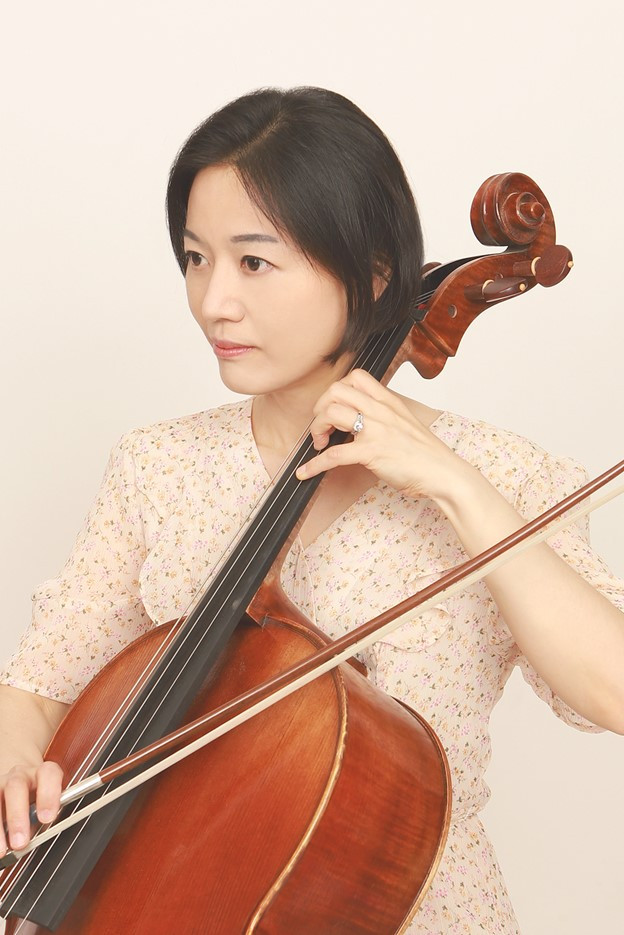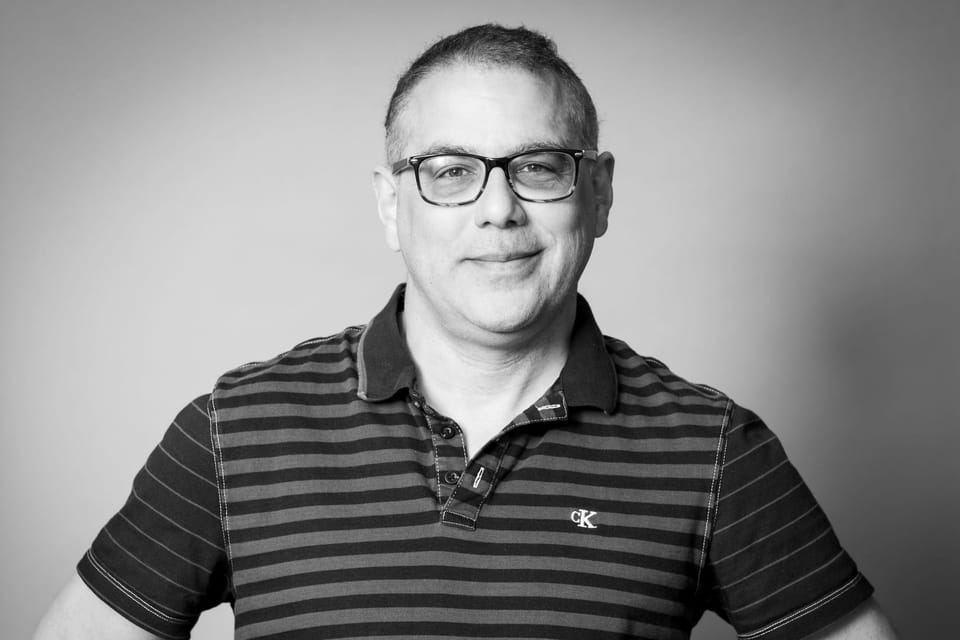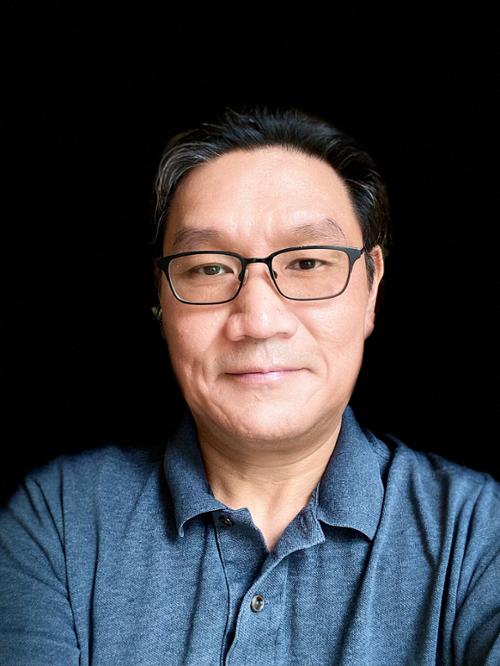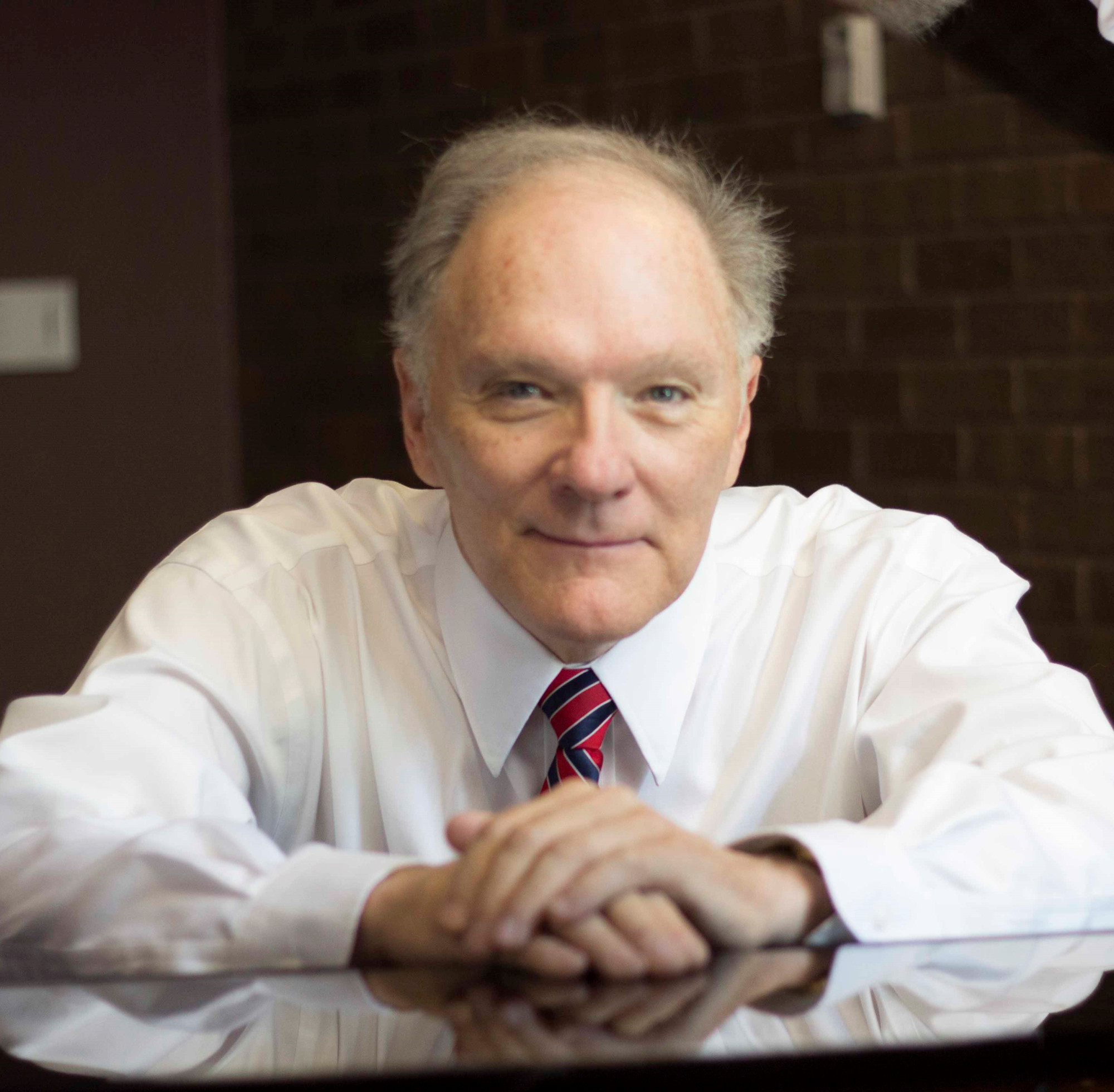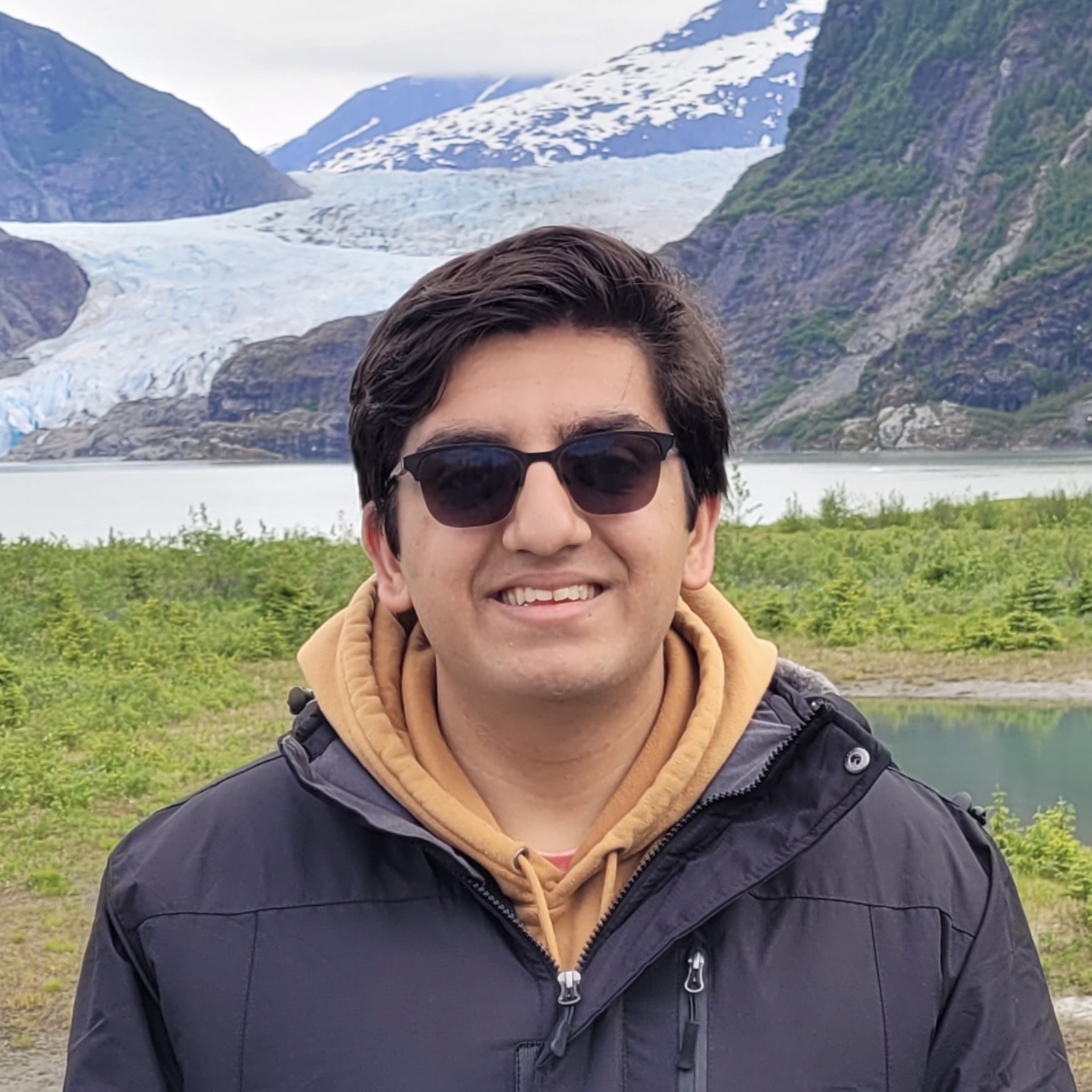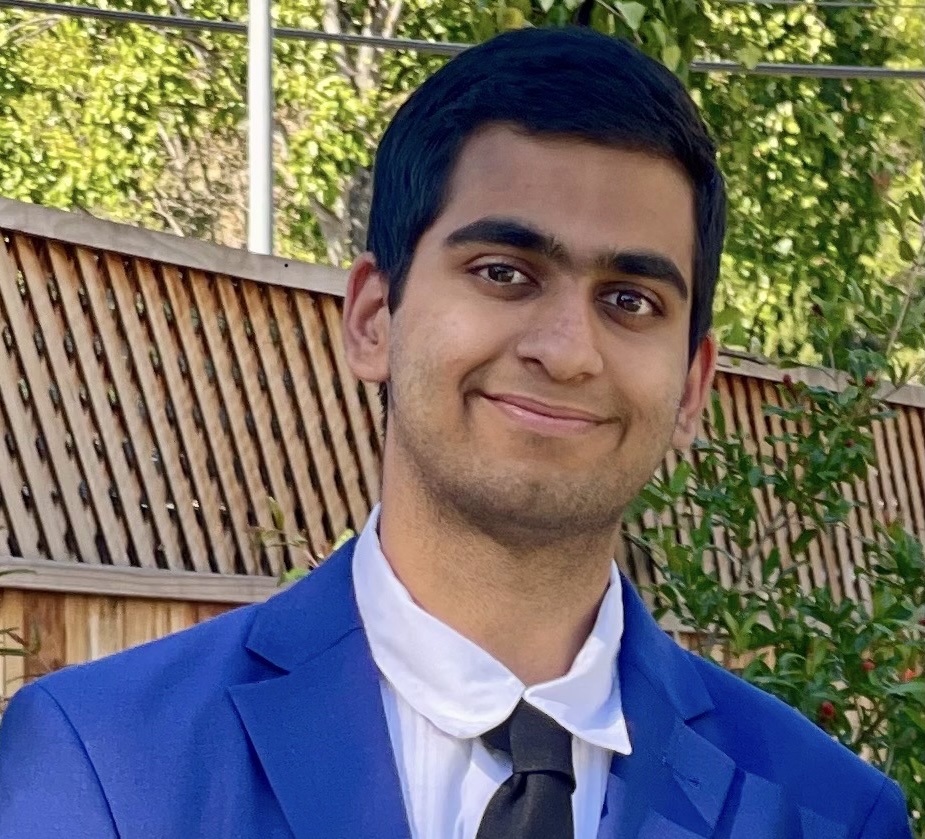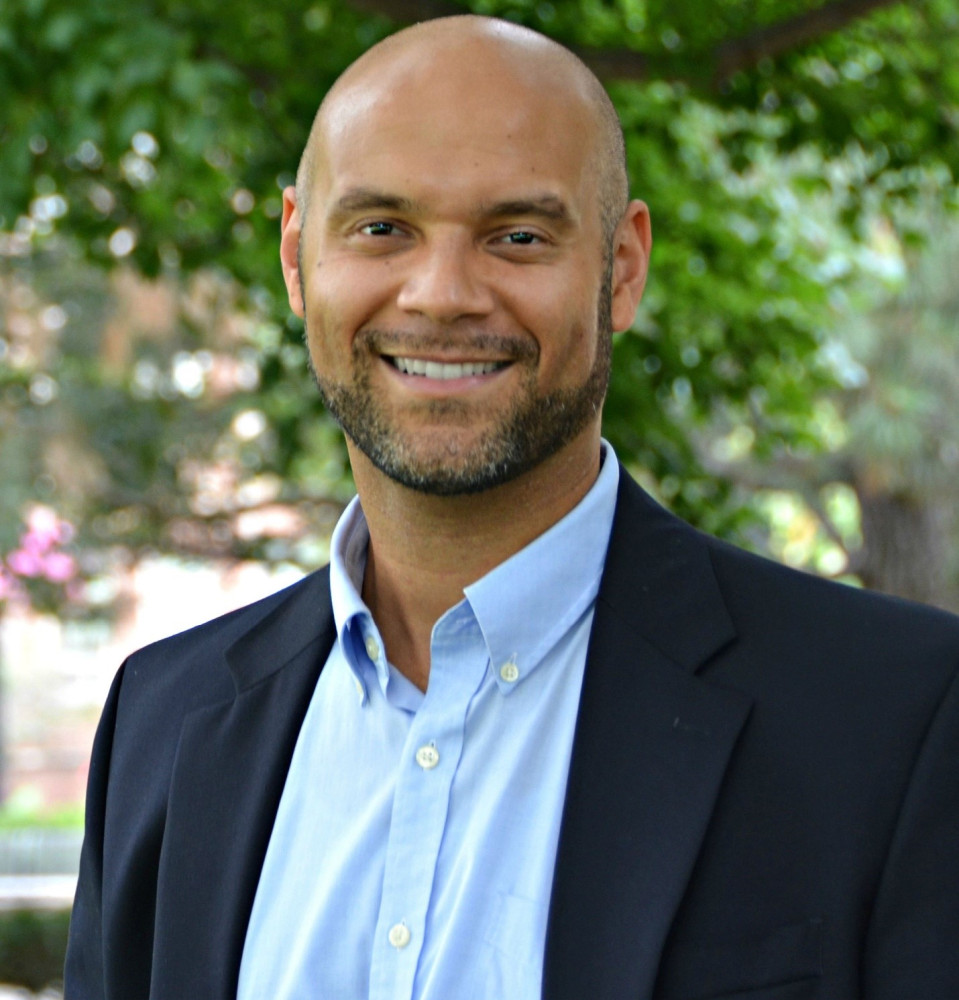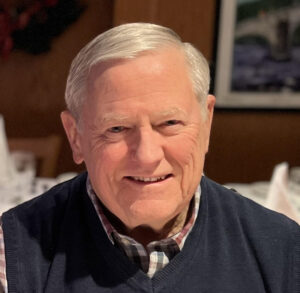2025 Automatic Music Transcription Challenge
Join the cutting-edge challenge to develop advanced music transcription models!
Register now for the 2025 Automatic Music Transcription Challenge!
Submission window: April 1, 2025 - May 1, 2025
Summary
The 2025 Automatic Music Transcription (AMT) Challenge invites participants to develop computer programs capable of accurately transcribing synthesized audio recordings of classical music into Musical Instrument Digital Interface (MIDI) files. Each submission will process 100 recordings, each up to 20 seconds long, within a maximum time limit of 4 hours. The audio data has been synthesized to sound as realistic as possible, closely resembling natural instrumental performances. Unlike previous challenges, participants will be informed of the specific instruments present in each recording. While utilizing this information is optional, incorrect instrument identification will incur a penalty, with smaller penalties applied if the mistake involves similar instrument families. Evaluation criteria include the accuracy of instrument identification, pitch, onset, offset, and dynamics.
An Online Competition
The challenge is proudly sponsored by the IEEE Technical Community on Multimedia Computing (TCMC).
Technical Details
Participants will register on the official website ai4musicians.org, where sample music files, including scores and audio recordings, will be provided to assist in model development. Contestants may use any public or proprietary data for training their models. Submissions will be open in April 2025, and each team's program will be executed on a GPU-equipped system at Purdue's Rosen Center for Advanced Computing.
Teams may submit their models once every 24 hours, and a live leaderboard will display performance results based on the sample data. Final rankings will be determined using an additional set of holdout data. A sample open-source solution will be made available to demonstrate input and output formats. Models performing worse than the sample will not be eligible for awards. Winning teams will be invited to present their solutions at the 2025 IEEE ICME Conference.
For questions and updates, participants are encouraged to join the AMT Slack Workspace.
